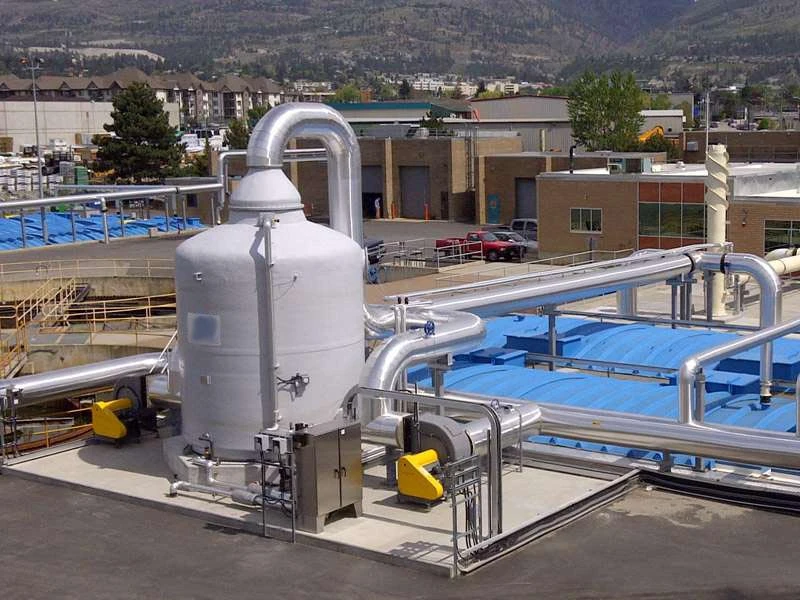
-
 Afrikaans
Afrikaans -
 Albanian
Albanian -
 Amharic
Amharic -
 Arabic
Arabic -
 Armenian
Armenian -
 Azerbaijani
Azerbaijani -
 Basque
Basque -
 Belarusian
Belarusian -
 Bengali
Bengali -
 Bosnian
Bosnian -
 Bulgarian
Bulgarian -
 Catalan
Catalan -
 Cebuano
Cebuano -
 China
China -
 China (Taiwan)
China (Taiwan) -
 Corsican
Corsican -
 Croatian
Croatian -
 Czech
Czech -
 Danish
Danish -
 Dutch
Dutch -
 English
English -
 Esperanto
Esperanto -
 Estonian
Estonian -
 Finnish
Finnish -
 French
French -
 Frisian
Frisian -
 Galician
Galician -
 Georgian
Georgian -
 German
German -
 Greek
Greek -
 Gujarati
Gujarati -
 Haitian Creole
Haitian Creole -
 hausa
hausa -
 hawaiian
hawaiian -
 Hebrew
Hebrew -
 Hindi
Hindi -
 Miao
Miao -
 Hungarian
Hungarian -
 Icelandic
Icelandic -
 igbo
igbo -
 Indonesian
Indonesian -
 irish
irish -
 Italian
Italian -
 Japanese
Japanese -
 Javanese
Javanese -
 Kannada
Kannada -
 kazakh
kazakh -
 Khmer
Khmer -
 Rwandese
Rwandese -
 Korean
Korean -
 Kurdish
Kurdish -
 Kyrgyz
Kyrgyz -
 Lao
Lao -
 Latin
Latin -
 Latvian
Latvian -
 Lithuanian
Lithuanian -
 Luxembourgish
Luxembourgish -
 Macedonian
Macedonian -
 Malgashi
Malgashi -
 Malay
Malay -
 Malayalam
Malayalam -
 Maltese
Maltese -
 Maori
Maori -
 Marathi
Marathi -
 Mongolian
Mongolian -
 Myanmar
Myanmar -
 Nepali
Nepali -
 Norwegian
Norwegian -
 Norwegian
Norwegian -
 Occitan
Occitan -
 Pashto
Pashto -
 Persian
Persian -
 Polish
Polish -
 Portuguese
Portuguese -
 Punjabi
Punjabi -
 Romanian
Romanian -
 Russian
Russian -
 Samoan
Samoan -
 Scottish Gaelic
Scottish Gaelic -
 Serbian
Serbian -
 Sesotho
Sesotho -
 Shona
Shona -
 Sindhi
Sindhi -
 Sinhala
Sinhala -
 Slovak
Slovak -
 Slovenian
Slovenian -
 Somali
Somali -
 Spanish
Spanish -
 Sundanese
Sundanese -
 Swahili
Swahili -
 Swedish
Swedish -
 Tagalog
Tagalog -
 Tajik
Tajik -
 Tamil
Tamil -
 Tatar
Tatar -
 Telugu
Telugu -
 Thai
Thai -
 Turkish
Turkish -
 Turkmen
Turkmen -
 Ukrainian
Ukrainian -
 Urdu
Urdu -
 Uighur
Uighur -
 Uzbek
Uzbek -
 Vietnamese
Vietnamese -
 Welsh
Welsh -
 Bantu
Bantu -
 Yiddish
Yiddish -
 Yoruba
Yoruba -
 Zulu
Zulu
fiberglass sewer pipe
Fiberglass Sewer Pipe A Modern Solution for Wastewater Management
In recent years, the construction and plumbing industries have witnessed a significant transformation with the introduction of innovative materials. One such advancement is the fiberglass sewer pipe, a modern solution designed to enhance the efficiency and longevity of wastewater management systems. This article delves into the advantages, applications, and future of fiberglass sewer pipes.
Fiberglass sewer pipes are primarily made from a composite of glass fibers and resin, which results in a lightweight but durable product. This unique composition provides several key benefits over traditional materials such as clay, concrete, or PVC. One of the most notable advantages is resistance to corrosion. Unlike traditional pipes that can deteriorate over time due to exposure to harsh chemicals found in sewage, fiberglass remains unaffected, significantly extending the lifespan of the sewer system.
In addition to its corrosion resistance, fiberglass sewer pipes boast a smooth interior surface. This smoothness reduces friction and allows wastewater to flow more easily, minimizing clogs and the need for frequent maintenance. The efficiency of these pipes can result in decreased energy costs when pumping wastewater, which is an essential consideration for municipalities and industries alike.
Another exciting aspect of fiberglass sewer pipes is their lightweight nature. Unlike heavy concrete or clay pipes, fiberglass pipes are easier to handle and install. This characteristic allows for quicker and more cost-effective installation processes, reducing labor costs and project timelines. Furthermore, the flexibility of fiberglass pipes enables them to adapt to various ground conditions and environments, making them suitable for a wide range of applications.
fiberglass sewer pipe

The versatility of fiberglass sewer pipes extends beyond standard wastewater management. They are increasingly being used in various sectors, including residential, commercial, and industrial applications. For instance, these pipes are utilized in stormwater management systems, oil and gas pipelines, and even in the agricultural sector for irrigation systems. Their adaptability and performance features make them a preferred choice among engineers and contractors.
Environmental sustainability is another factor contributing to the increasing popularity of fiberglass pipes. As awareness of environmental issues grows, industries are seeking more eco-friendly solutions. Fiberglass pipes can be manufactured with recycled materials and are fully recyclable at the end of their life cycle. Their long lifespan and minimal maintenance requirements also contribute to reduced environmental impact.
Looking into the future, the demand for fiberglass sewer pipes is expected to rise as municipalities and industries continue to seek reliable, efficient, and sustainable solutions for wastewater management. With ongoing advancements in manufacturing technology, the performance and applications of fiberglass pipes are likely to expand further, driving innovation in the construction and plumbing sectors.
In conclusion, fiberglass sewer pipes represent a significant leap forward in wastewater management solutions. Their unique properties—corrosion resistance, lightweight design, smooth flow characteristics, and environmental sustainability—make them an appealing choice for a multitude of applications. As the industry continues to evolve, fiberglass sewer pipes will undoubtedly play a pivotal role in shaping the future of infrastructure development and maintenance.









